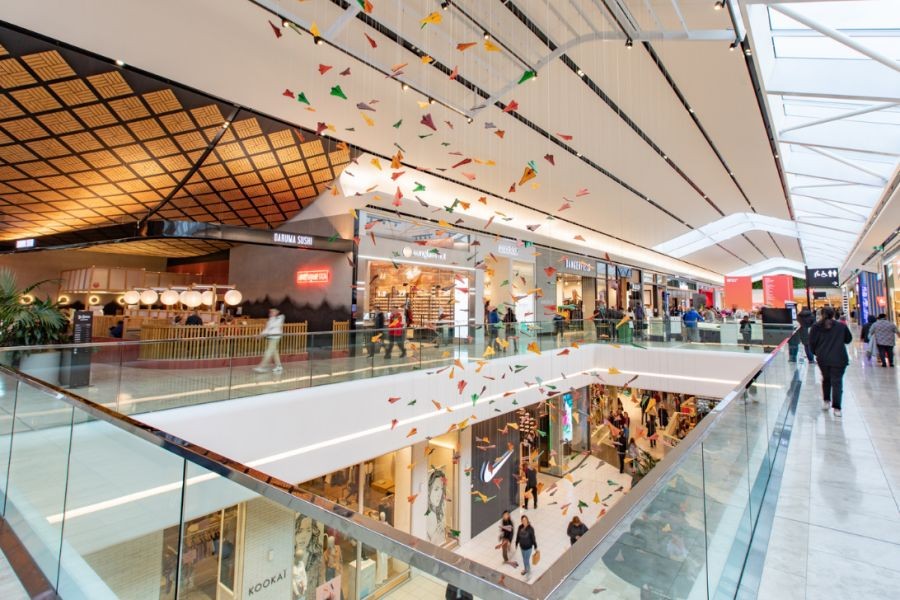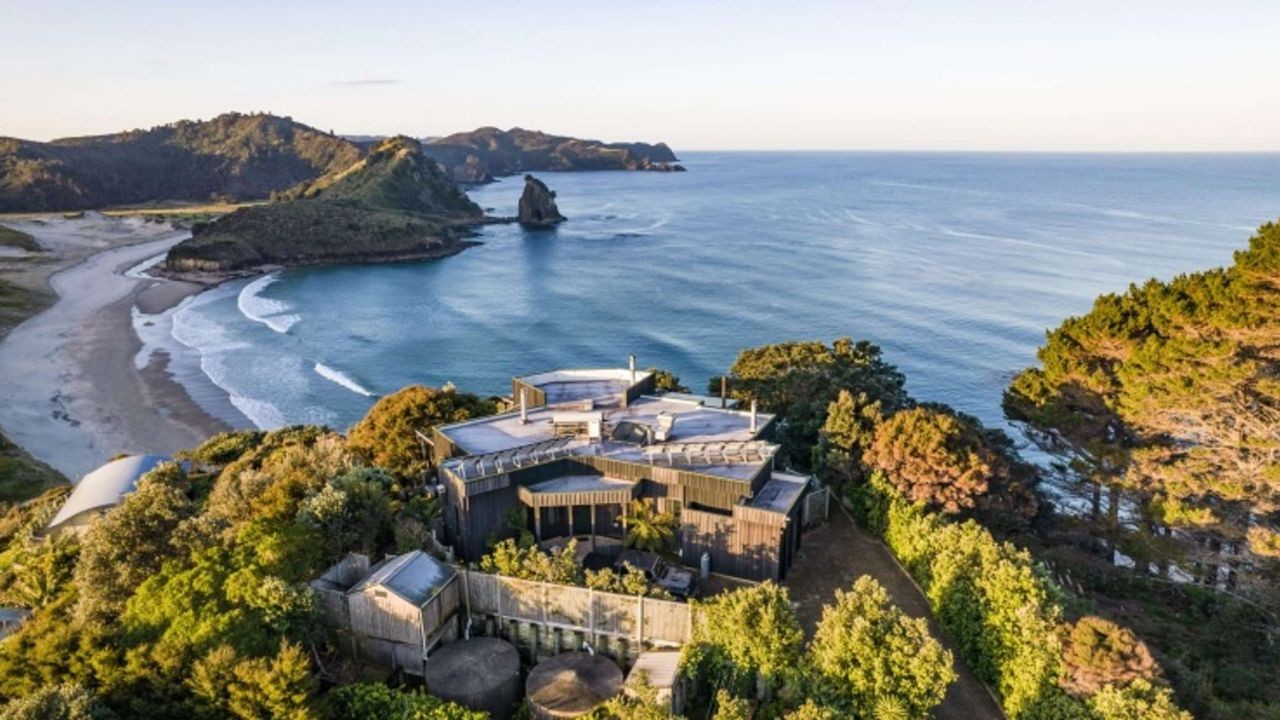In an era where digital connectivity is reshaping how we shop, social media has emerged as a game-changer in New Zealand's retail landscape. While many view social media as just a platform for social interaction, its impact on retail is profound and multifaceted. From influencing purchasing decisions to reshaping marketing strategies, social media is redefining the retail experience in unexpected ways. This article delves into five surprising ways social media is transforming New Zealand’s retail sector, offering insights that venture capitalists and industry stakeholders cannot afford to overlook.
The Social Media Effect: How It Works
Social media platforms like Instagram, Facebook, and TikTok are not merely spaces for sharing personal stories; they have evolved into powerful tools for retail marketing and consumer engagement. According to a report by Stats NZ, over 70% of New Zealanders are active social media users, making these platforms essential for reaching consumers. But how exactly is social media changing the retail game in New Zealand?
1. Influencer Culture: The New Age of Advertising
Influencer marketing has become a cornerstone of retail strategy, allowing brands to reach consumers through trusted personalities. In New Zealand, local influencers have significant sway over consumer choices. A study by the University of Auckland found that 65% of consumers trust influencer recommendations more than traditional ads. Retailers leveraging influencers can tap into niche markets and build authentic connections with their audience.
2. Social Commerce: Shopping Made Seamless
With social commerce, the line between browsing and buying is blurring. Platforms like Facebook and Instagram have integrated shopping features, allowing users to purchase products directly from posts. This trend is gaining traction in New Zealand, where businesses are reporting increased sales and customer engagement through social channels. A report from MBIE highlights that social commerce sales have grown by 30% annually, pointing to a future where online shopping is seamlessly integrated into social experiences.
3. Real-Time Consumer Feedback: The Power of Instant Interaction
Social media offers brands real-time feedback, enabling them to respond quickly to consumer needs and preferences. This immediate interaction can drive product innovation and customer satisfaction. For instance, New Zealand retailer Icebreaker uses social media to gather insights on consumer preferences, which informs product development and marketing strategies. This agile approach helps companies stay ahead in a competitive market.
Case Study: The Warehouse Group – Harnessing Social Media for Growth
Problem: The Warehouse Group, one of New Zealand's largest retail chains, faced challenges in engaging younger consumers and increasing online sales.
Action: To address this, The Warehouse Group implemented a comprehensive social media strategy focusing on influencer partnerships and interactive campaigns. They collaborated with local influencers to showcase products and create engaging content across platforms like Instagram and TikTok.
Result: Within a year, The Warehouse Group saw significant improvements:
✅ Online sales increased by 25%
✅ Social media engagement grew by 40%
✅ Brand mentions on social media rose by 60%
Takeaway: This case study highlights the power of social media in driving retail growth. New Zealand businesses can leverage influencer partnerships and interactive campaigns to boost brand visibility and sales.
4. Hyper-Personalization: Tailoring the Customer Experience
Social media provides retailers with vast amounts of data, enabling them to tailor marketing strategies to individual preferences. This hyper-personalization enhances the shopping experience and increases conversion rates. According to a Deloitte report, personalized marketing can boost sales by up to 30%. In New Zealand, companies like Mighty Ape are using data-driven insights from social media to create targeted campaigns that resonate with their audience.
5. Community Building: Fostering Brand Loyalty
Social media platforms allow retailers to build communities around their brands, fostering loyalty and advocacy. By engaging with consumers and creating a sense of belonging, brands can turn customers into brand advocates. For instance, clothing brand Ruby has successfully built a loyal community by engaging users through social media challenges and customer stories, leading to increased brand loyalty and repeat purchases.
Debunking Myths: Common Misconceptions About Social Media in Retail
- Myth: "Social media is only for brand awareness." Reality: Social media drives direct sales and customer engagement, with New Zealand retailers reporting a 20% increase in sales from social channels (Source: NZ Retail Association).
- Myth: "Only big brands benefit from social media." Reality: Small businesses in New Zealand are harnessing social media to reach local audiences and build strong customer relationships, often outperforming larger competitors in niche markets.
Future Trends: The Evolution of Social Media in Retail
As technology advances, the role of social media in retail is set to evolve further. By 2026, New Zealand retailers are expected to integrate augmented reality (AR) into social media platforms, offering immersive shopping experiences. According to a report by NZTech, AR could increase online conversion rates by 40%, revolutionizing how consumers interact with products online.
Conclusion
Social media is undeniably reshaping New Zealand's retail landscape in unexpected ways. From influencer marketing to social commerce, these platforms offer innovative solutions for engaging consumers and driving growth. As retailers continue to adapt to this digital era, leveraging social media's full potential will be crucial for staying competitive. Venture capitalists and industry stakeholders must recognize these trends and invest in strategies that harness the power of social media to transform retail experiences. What’s your next move in this dynamic landscape? Share your insights and strategies in the comments below!
People Also Ask (FAQ)
- How does social media impact businesses in New Zealand? Social media enables NZ businesses to increase customer engagement and sales, with reports showing a 30% growth in social commerce (Source: MBIE).
- What are the best strategies for implementing social media in retail? Experts recommend collaborating with local influencers, utilizing social commerce features, and personalizing marketing efforts to enhance customer experience.
- What upcoming changes in New Zealand could affect social media in retail? By 2026, policy updates in digital advertising could shift the social media landscape—retailers should stay ahead by adopting augmented reality trends.
Related Search Queries
- Social media marketing strategies NZ
- Influencer impact on retail sales
- Social commerce in New Zealand
- Retail trends in New Zealand 2025
- Augmented reality in retail
- NZ consumer behavior on social media
- Social media retail case studies
- Future of retail in New Zealand
- Personalized marketing strategies
- Building brand loyalty through social media
































Myanmare77458
8 months ago